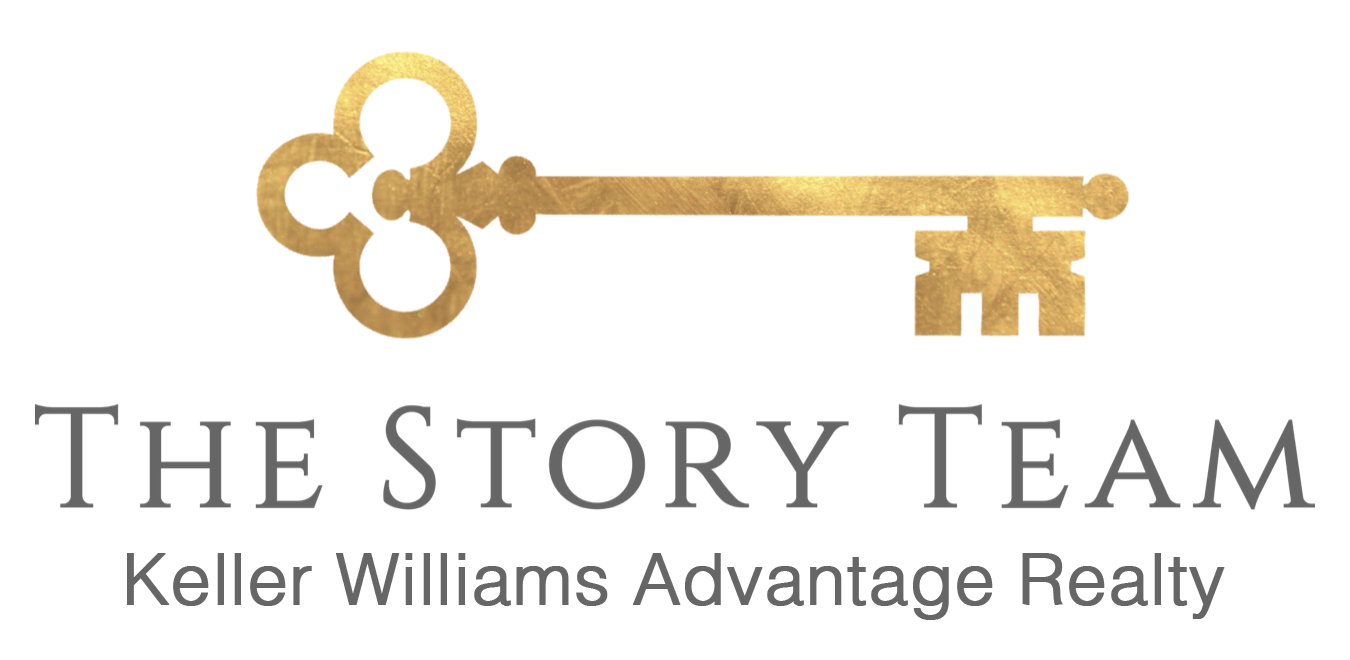Investing in Real Estate: Single-Family vs. Multi-Unit

Donna Story
Real Estate was the perfect choice for Donna because she loves working with people. Her involvement in the community and industry knowledge help...
Real Estate was the perfect choice for Donna because she loves working with people. Her involvement in the community and industry knowledge help...
Introduction to Real Estate Investment Choices
Deciding on the type of property to invest in can significantly impact your real estate journey. Will a single-family home fit your portfolio best, or does diving into multi-unit properties sound more lucrative? This decision hinges on multiple factors including investment goals, resources at hand, and how much complexity you're ready to handle. Let's dissect the benefits and drawbacks of each to smooth out this conundrum.
Single-Family Homes: A Closer Look
Single-family homes are a cornerstone in the world of real estate investment. Let's break down the pros and cons:
Pros:
- Financing friendliness: Lenders often look favorably upon these, offering attractive loan terms and lower down payments.
- Management simplicity: Juggling just one tenant simplifies property management considerably.
- Stable tenancy: Renters in single-family homes typically plant roots for around three years, minimizing turnover headaches.
- Growth in value: These properties frequently outpace multi-units in terms of appreciation.
- Marketability: There's a broader audience when it's time to sell.
Cons:
- Vacancy hits hard: An unrented property means no income.
- Limited income stream: You're capped at the earnings from one unit.
- Costlier per unit: Expanding your portfolio can be pricier with these than acquiring a comparably sized multi-unit.
Multi-Unit Properties: Expanding Horizons
Moving onto properties with multiple units, such as duplexes, triplexes, and small apartment complexes, we see a different set of variables:
Pros:
- Income enhancement: More units mean more rent checks.
- Diminished vacancy effect: Empty units are offset by occupied ones, safeguarding your cash flow.
- Lower per-unit costs: Overall maintenance and repairs can be more economical.
- Appreciation through improvement: Value can be proactively increased through renovations and effective management.
Cons:
- Management intensity: Multiple tenants and units up the complexity.
- Heftier initial outlay: Generally, these come with a higher price tag upfront.
- Loan hurdles: Especially true for buildings with five or more units, which may necessitate commercial financing.
- Variable appreciation: These properties may not enjoy as swift an appreciation in some markets.
Navigating the Decision
When pondering whether to pursue single-family or multi-unit properties, weigh these considerations:
- Your investment goals: Cash flow or appreciation?
- Capital availability: Multi-units require deeper pockets initially.
- Time and management willingness: Are you up for the challenges of multi-tenant properties?
- Market research: Understand demand dynamics in your target area.
- Risk tolerance: Multi-unit investments offer stabler income but introduce greater operational complexities.
Getting Creative with Your Real Estate Investment
Here are some inventive strategies that could tilt the scales in favor of one option over the other:
- House Hacking: Living in one unit of a multi-unit property while renting out the others could be a strategic entry point into real estate investment.
- Vacation Rentals: Single-family homes in tourist-friendly areas can bring in substantial short-term rental income.
- Value-Add Opportunities: Multi-unit buildings offer ample scope for value enhancement through smart renovations or management tweaks.
- Mixed-Use Properties: These hybrid properties blend residential with commercial, diversifying your income sources.
- Conversion Potential: Some single-family properties might be transformed into multi-units, subject to zoning.
In conclusion, while both single-family and multi-unit properties have their place in an investment strategy, the best choice comes down to your personal goals, capacity for management, and local market conditions. Successful investing in real estate is more about informed decision-making and less about adhering strictly to one type of investment. Whether you lean towards the straightforward appeal of single-family homes or the income potential of multi-unit properties, commitment to research and strategic planning will pave the way for your success. Enjoy the investment journey!
Thinking about selling your home?
Get in touch. We'll guide you through every step of the process to ensure a smooth transaction that meets your goals.

